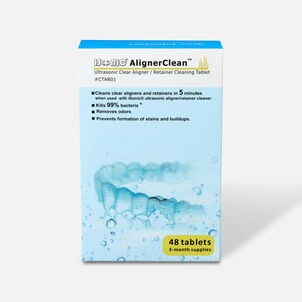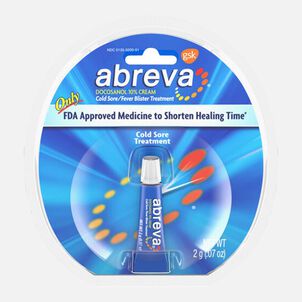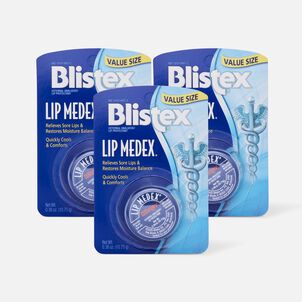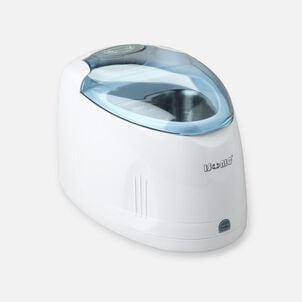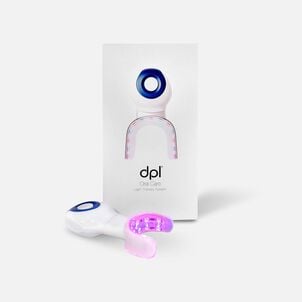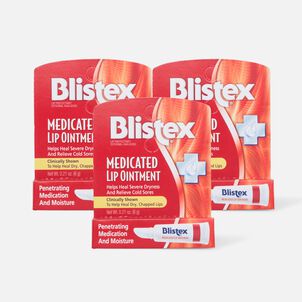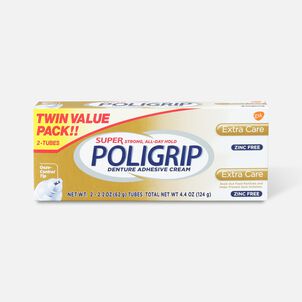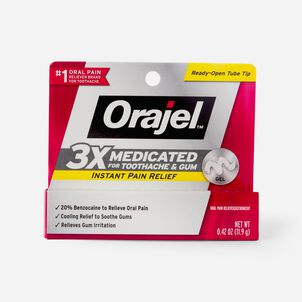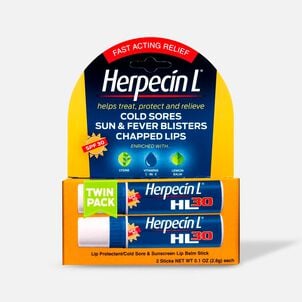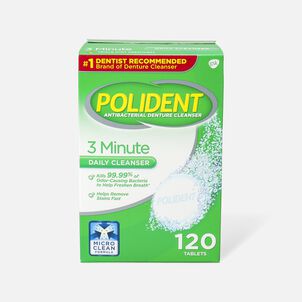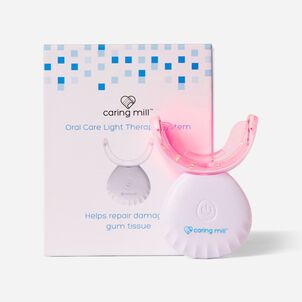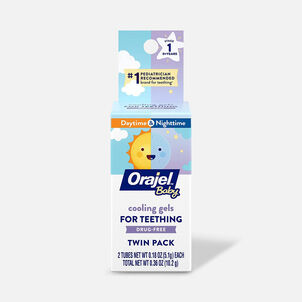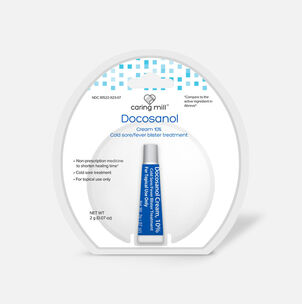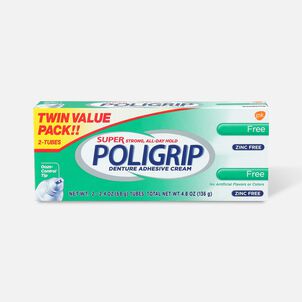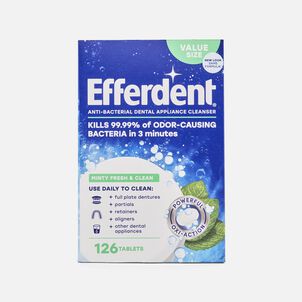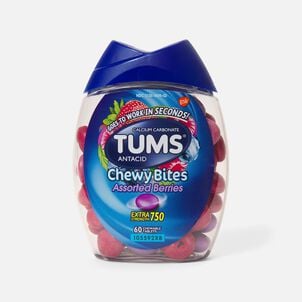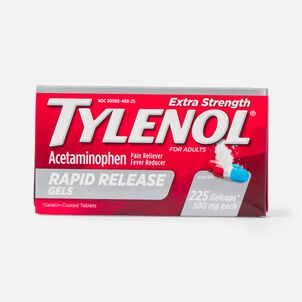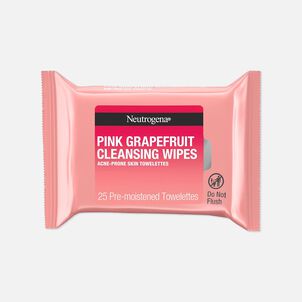So you've got a toothache. Or perhaps you've been putting off that much-needed root canal, and a trip to the dentist is in order. Dental health is an important part of your overall physical well-being.
And while you know fully well how daily tooth-brushing, routine care such as X-rays and cleanings, and dental work is needed, the cost might prevent you from keeping your dental health in tip-top shape.
Difficulty getting to the dentist, not having the time to see a dentist, and having fear or anxiety about dental work might be some reasons why someone avoids dental health. But according to the American Dental Association (ADA), a top reason is financial barriers. Dental work can be expensive, especially if you don't have dental insurance. The good news is your FSA can help cover some costs.
Here are five ways your FSA can boost your dental health:
1. Use your FSA to pay for dental expenses
The big question is: "Can you use your FSA for dental care?" The answer to that is yes. You can use the funds in your FSA for some out-of-pocket dental costs. FSA dental expenses include:
- Deductibles and copayments. This might include out-of-pocket dental costs such as X-rays, fluoride treatments, implants, crowns, caps, dentures, and fillings.
- Prescription medications. Medications prescribed by your doctor that you'll need for dental procedures.
- OTC Medicines: Due to the CARES Act, you can now use your FSA funds to purchase OTC medications like pain relievers without a prescription to alleviate any pain you may have from dental work.
2. Shop for FSA eligible dental items
Knowing what's FSA-eligible can help you save money. That's because money you use on FSA funds for qualifying items come with some tax advantages. Here are a few dental health-related items that are eligible:
- Dentures
- Denture adhesives
- Denture sealants
- Denture cleaning supplies. Not only are dentures included, but items to help keep them clean are also FSA-eligible.
- Dental night guards. If you suffer from TMJ and grind your teeth at night, you can use your FSA funds to purchase night guards.
- Orthodontic wax. If you or a member of your family is getting braces, orthodontic wax, which is used to relieve any pain or discomfort from wearing braces, is also eligible.
- Dental medical kits
- Denture bath cleaning kit
3. Know what's not eligible
It's equally important to know which dental-related expenses aren't eligible, and it could throw off your budget. Otherwise, you might not get reimbursed for those items you try to pay with your FSA card. Here's what's not eligible:
- Dental insurance premiums
- Everyday dental care/personal care items—think dental floss, dental picks, toothpaste, and toothbrushes
- Teeth whitening and other cosmetic procedures
If you're not sure, you should run it by your employer's benefits administrators to understand exactly what you can receive reimbursement for. This should be done before you try to file a claim.
4. Make the most of grace periods and carryovers
As FSA funds are "use it or lose it" type deals, if you don't use the funds by the end of the calendar year, you're out of luck. Unused funds can't be used or rolled over to a different account.
But there are two exceptions: carryovers and grace periods. Your employer may offer either of these options, but they can't offer both at the same time. Here's how they work:
Carryovers. You might be able to carry over up to $550 of your FSA funds to use in the next calendar year. Whatever you rollover to be used doesn't count toward your yearly contribution for that year. For 2021, the contribution cap is $2,750.
Grace periods. Your employer might have the option of a grace period, which is 2.5 months after the end of your plan year. This gives you a few extra months to use those funds.
If you're able to carry over funds or there's a grace period, take advantage and use some of those funds toward FSA-eligible dental expenses.
5. Create an FSA dental budget
While you might be able to predict exactly how much of your FSA funds should be allocated to dental health, and how much to allocate toward other healthcare costs, come up with a percentage that makes sense for you.
For instance, if you and your family practice good dental hygiene, visit the dentist regularly for routine cleanings, and have generally healthy sets of teeth, then you might set aside a smaller percentage than say, you have a bunch of cavities and require more extensive dental work.
Knowing which medical expenses and dental expenses are FSA eligible and doing some planning can help you save money on dental expenses, and boost your dental health.
-
Thank you for visiting the FSA Store Learning Center. Don’t forget to follow us for more helpful tips on Facebook, Instagram, and Twitter.

